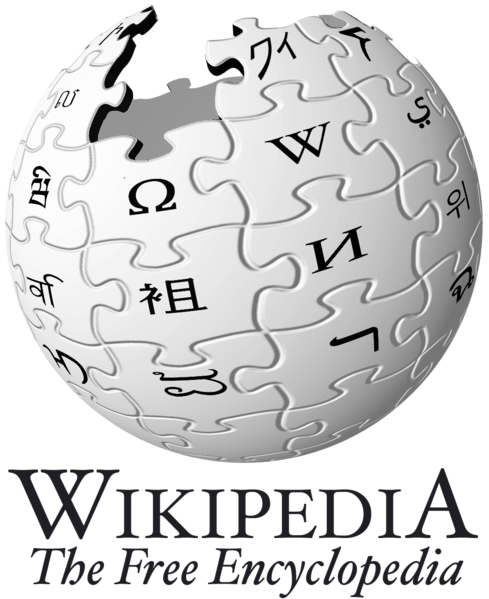
As this was my first serious foray into Wikipedia, imagine my surprise when I found that I already had a title: wikignome. It was not so much a personal title reserved for myself alone, but more of a class that I belonged to. Wikignoming humorously refers to the authorship of edits perceived to be of an auxiliary (though not insignificant) nature. This kind of activity usually entails formatting, rephrasing or grammar corrections. Due to the minor nature of most of these edits, wikignomes usually do not need to participate in discussion over them. This lack of an active role in debate makes themselves and their part less obvious, which leads to their perceived relationship as tiny elusive beings.
Wikipedia is brimming with this kind of unique and abstruse terminology. After contacting one user, Alastair, he immediately told me that ‘on some level I find Wikipedia to be the ultimate social networking site for the incurably nerdy... however obscure one's interests, there's a real chance one can find others that share them’. I chuckled at this. Not infrequently have I fancied myself a bit of a nerd, which is why I feel no compunction in stating that nerds love jargon.
The most initially intimidating phrases are prefaced by ‘WP’, which I came to find indicates that the entire phrase forms a Wikipedian consensus or guideline. I would also come to discover that this does not, however, imply a stern or even formal subject, such as in the particularly odd example of ‘WP:Beans’. In this case ‘Beans’ refers to the phrase, ‘Don’t stick beans up your nose’, which is a way of saying, ‘Don’t give someone with a naive and adventurous mind any ideas’. The philosophy is derived from a parable about a mother leaving her son at home:
The little boy's mother was off to market. She worried about her boy, who was always up to some mischief. She sternly admonished him, "Be good. Don't get into trouble. Don't eat all the cabbage. Don't spill all the milk. Don't throw stones at the cow. Don't fall down the well." The boy had done all of these things on other market days. Hoping to head off new trouble, she added, "And don't stuff beans up your nose!" This was a new idea for the boy, who promptly tried it out.
